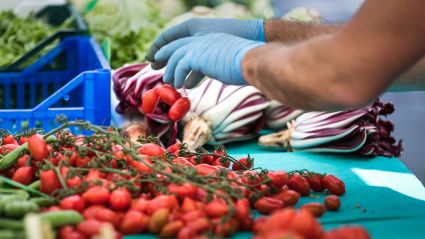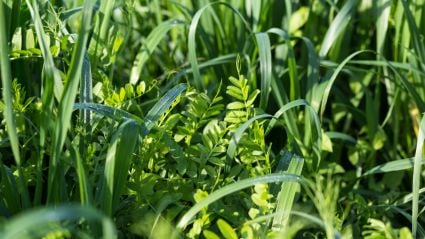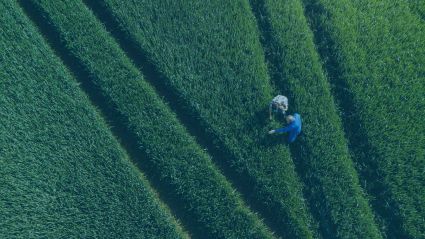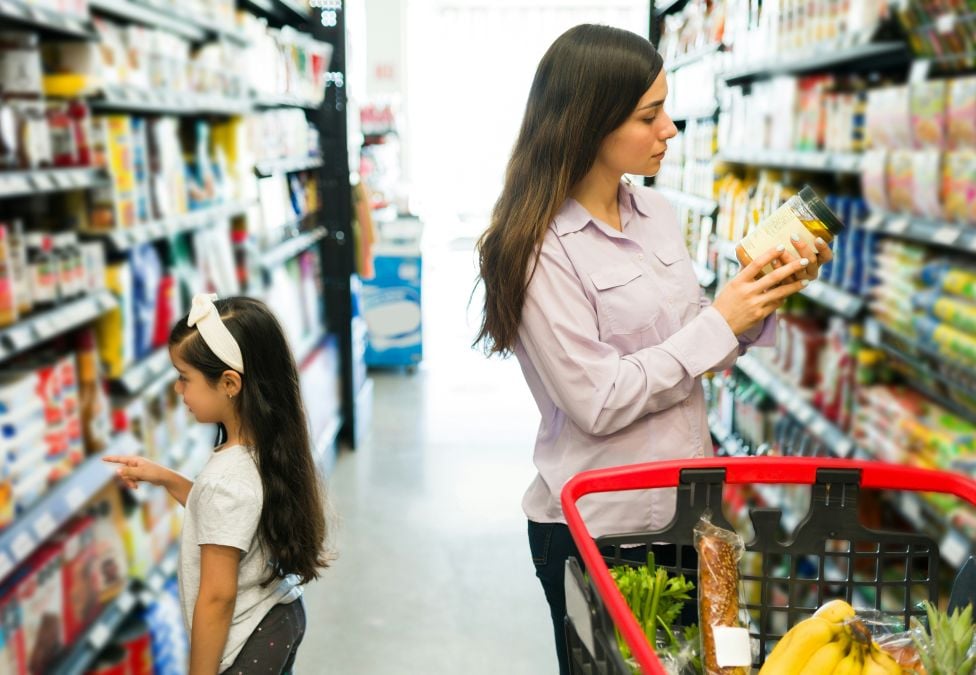Policy Brief
Resource Downloads
Full Report
To address the impact that the COVID-19 virus is having on food access, this issue brief highlights recent policies and puts forward a recommendation to ensure that the over 6 million individuals who participate in the Special Supplemental Nutrition Program for Women, Infants, and Children (WIC) have access to the food and care they need. This effort builds on the Center for Public Health’s initiative on WIC waivers, tracking each request, approval, or denial status, as well as USDA response time for every state, US territory, and Indian Tribal Organization (ITO) during the pandemic
Related Content
-

Hungry for Action: Building Food System Resiliency Amid COVID-19
Explore Inventory The COVID-19 pandemic continues to highlight the importance of the food system: all the activities, resources, and relationships that go into producing, distributing, and consuming food. Images of emptying grocery shelves...Read Report NS
CS
NS
CS
-

Rooted in Health: How Agriculture and Health Care Can Grow Together
With chronic diseases on the rise and millions struggling with food insecurity, access to fresh, nutrient-rich fruits and vegetables has become more critical than ever. The "Food is Health" movement is reshaping how we think about health...Read Essay -

Key Trends in Health at Milken Institute Global Conference 2024
This brief summarizes the key trends, ideas, and solutions discussed at the Milken Institute Global Conference 2024 to increase access to innovation and improve health outcomes.Read Report -

Building Back Better for Women in a Post-COVID World
The COVID-19 pandemic has been a great disruptor, accelerating progress in technology, but reversing hard-fought gains in other areas including poverty, quality education, and gender equality. Governments, businesses, and citizens now want...Read Essay -
Fixing the Food Supply Chain Could Prevent a Future, Even More Nightmarish Pandemic
There is a clear need, post-pandemic, for collaborative thinking on how to build immune resilience into older cohorts to reduce the risks of viruses such as COVID-19—and, potentially worse, deadly bacterial infections. We now know what the...Read Essay -
Designing a Resilient Food System Post-COVID
With hotels and schools closed, farmers are destroying millions of pounds of produce they can’t sell. Despite this waste, the number of people with food insecurity could rise from 130 million to nearly 300 million due to COVID-19. This...Read Essay
 Holly Bybee andRebecca Chesney
Holly Bybee andRebecca Chesney -
Exposing the Long-Standing Under-Investments in Senior Hunger and Isolation
The pandemic’s closure of group dining programs, combined with the overnight spike and continuing surge in need for home-delivered meals for seniors, shined a light on the consequences of continued under-investments in our nation’s food...Read Essay -

Why Coronavirus Demands Women’s Leadership
Psychological arguments can and should be made for why women make exceptional leaders. Studies prove that women consistently rank higher than men in most management skills. Research also suggests that women-led companies make more money...Read Essay -

Transform Global Agriculture for a Sustainable, Food-Secure Future
When we think about the relationship between agriculture and health, the obvious link is nutrition. By definition, nutrition is the process of providing or obtaining the food necessary for proper health and growth. Access to affordable...Read Essay





